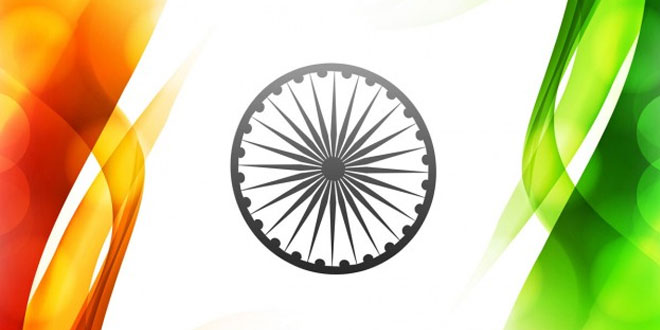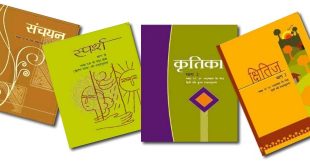Question: Define unitary system of government?
Answer: Under the unitary system, either there is only one level of government or the sub-units are subordinate to the central government.
Question: What is a coalition government?
Answer: When no single party get s clear majority in the Lok Sabha, the major national parties had to inter into an alliance with many parties including several regional parties to from a government at the centre.
Question: What is decentralization?
Answer: When power is taken away from central and state governments and given to local government it called decentralization.
Question: Explain two achievements and two difficulties of the local self-governments in India.
Answer: Achievements:
- It has made the country more united and stronger.
- It has also made the administration easier.
Difficulties:
- There is a shortage of resources.
- Elections are not held regularly.
Question: Explain the routes of federalism?
or
Distinguish between the Coming Together Federations and the Holding Together Federations.
Answer: Coming together federations:
- The first route involves independent states coming together on their own to from a bigger unit so that by pooling sovereignty and retaining identity they can increase their security.
- This type of ‘coming together’ federations include the USA, Switzerland and Australia.
- All the constituent states usually have equal powers.
‘Holding together’ federations:
- Where a large country decides to divide its powers between the constituent states and the national government.
- India, Spain and Belgium are examples.
- The central government lends to be more powerful.
Question: What are the advantages of decentralization?
- The are no. of problem and issues which are best settled at the local level.
- People have better knowledge of problems in their localities.
- They also have better ideas on where to spend money and how to manage things more efficiently.
- At the local level it is possible for the people o directly participate in decision making. This helps to inculcate a habit of democratic participation.
Question: What are three basic levels or tiers of government?
Answer: The constitution originally provided for a two tier system of government, the Union government or what we call the central government, representing the union of India and the state government. Later a third tier of federalism was added in the form of Panchayat and Municipalities.
Question: Define Jurisdiction?
Answer: The area our which someone has legal authority. The area may be defined in terms of geographic boundaries or certain kinds of subjects.
Question: Some states enjoy special powers in India?
Answer: In a holding together federation (like India), the country decides to divide its powers among a central authority as well as its constituent states. In a holding together federation the central government has more power than the state government and the states have unequal power. Some states have special powers. Jammu and Kashmir has a special constitution where a law passed by the central can only be passed if it is approved by the state assembly. The union territories have very little powers as they are too small to be considered as a separate state and were not merged during state formation. The central government has special power in ruling these states.
Question: What are union territories?
Answer:
- These union territory are too small to become an independent state but which could not be emerged with any of the existing states.
- These areas like Chandigarh or Lakshadweep or the capital city Delhi, are called Union territories.
- The Central government has special powers in running these areas.
 Class Notes NCERT Solutions for CBSE Students
Class Notes NCERT Solutions for CBSE Students





